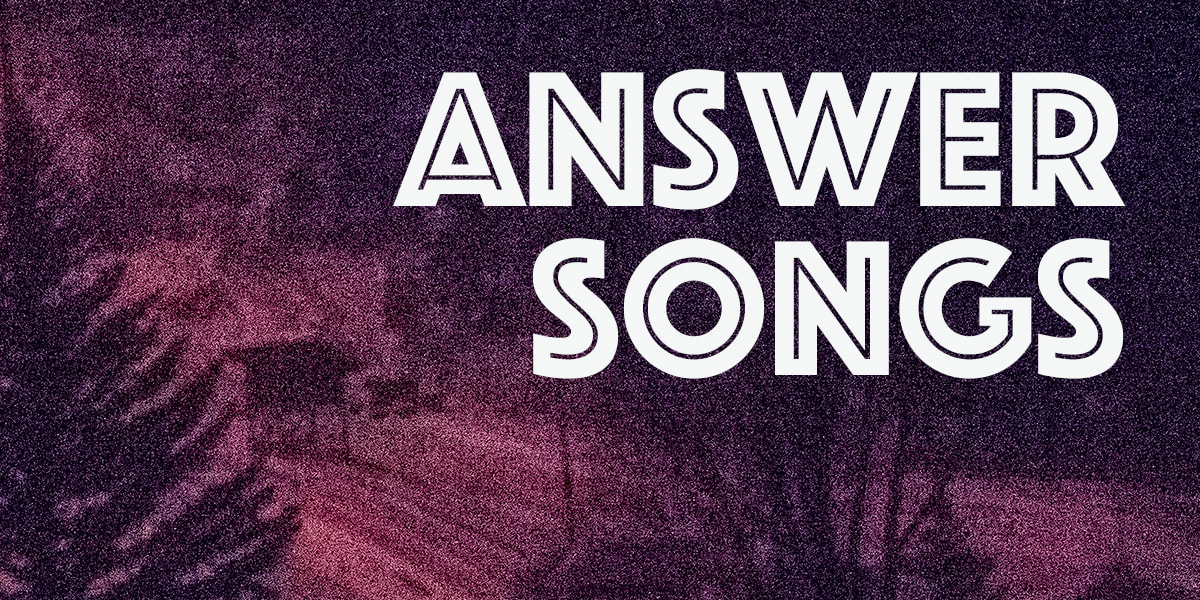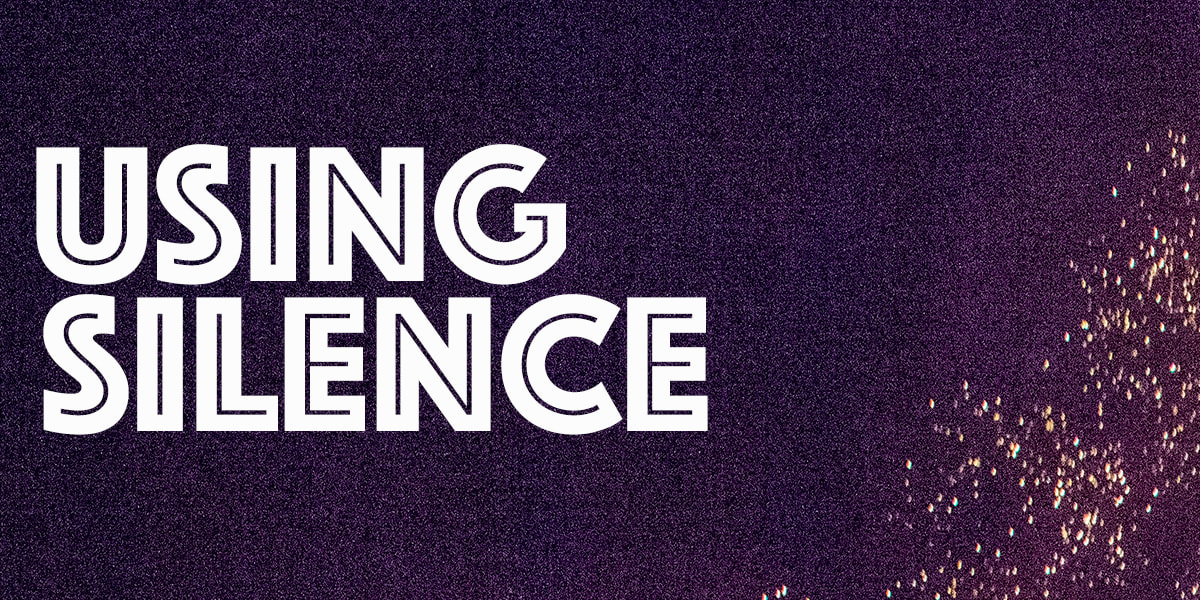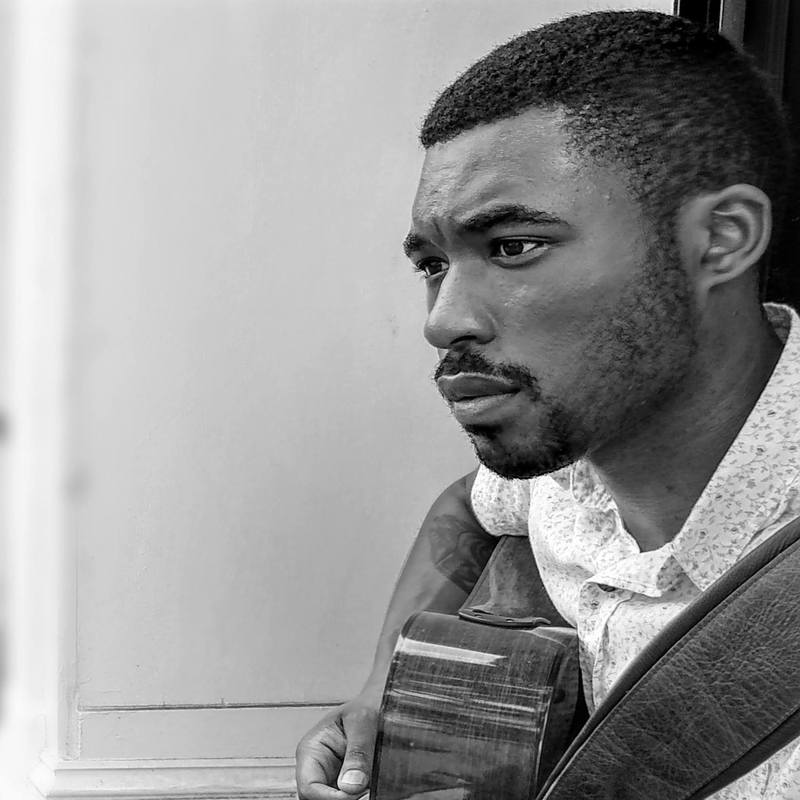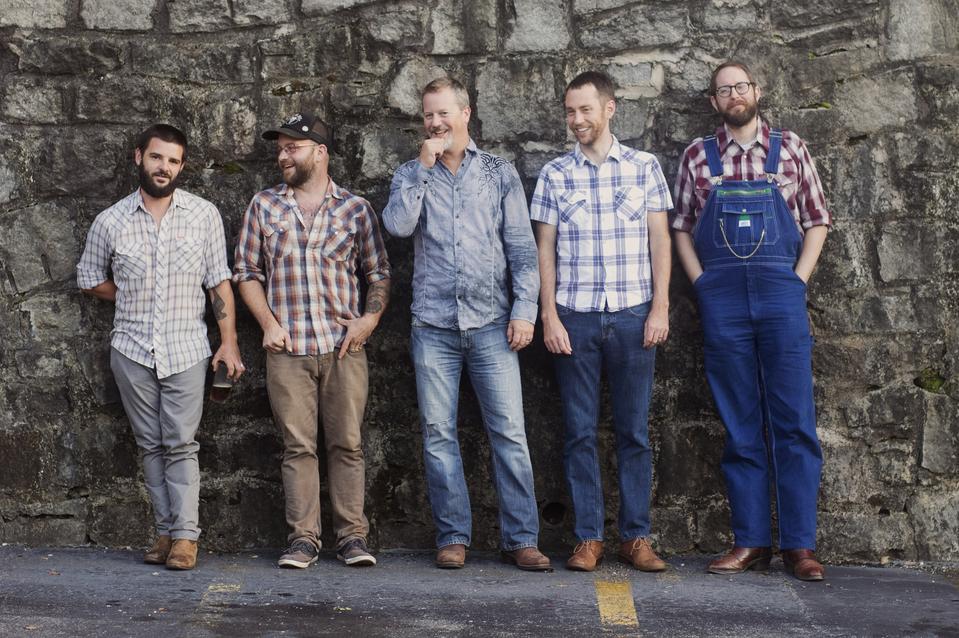|
Songwriting does not exist in a vacuum. As songwriters we’re constantly looking to the world for inspiration. We feel things and respond to the world with our music. If we’re having a bad day, we might write a song about spilling coffee on our shirts. Or if your have a good day, your might write a song about the life advice your neighbor gave you while he was watering his lawn. But sometimes songs come to us based off other songs.
An answer song (sometimes called a response song) is a song made responding to a previous artist’s song. Usually as a defense or indictment of the song it is responding to. A famous example is Lynyrd Skynyrd’s “Sweet Home Alabama,” which was in direct response to the Neil Young’s searing portrait of the south in his song “Alabama”. Or Woody Guthrie’s “This Land of Your Land” as a response to Irving Berlin’s “God Bless America”. Although your answer song does not need to respond to a song. Feel free to write a song in response to a newspaper headline, a bumper sticker, or a piece of junk mail. Get creative. Good luck!
0 Comments
Ben Trickey is a consummate DIY songwriter who blends roughworn poetry with unique arrangements. His latest record, Choke and Croon, is no exception and has been hailed for its inventiveness and craft. Last September we spoke to Ben and he shared a little about his album and the importance of silence. Below is an except from his interview:
“Silence is definitely something I consciously use in my music. I'm really interested in ideas of restraint and frailty. There's a certain power to it. I feel like the lyrics are touching on the same ground, so by literally poking sonic holes in the compositions you can make something that pushes and pulls with the mood. I think of silence as an instrument and everyone playing the band should respect and let that instrument have its parts too.” Whitney Houston’s aerobatic at the emotional climax & key change of “I Will Always Love You”, or James Brown’s pauses in the second half of the chorus for “I Feel Good”, and “Good Lovin’” by The Young Rascals are exemplary of useful silence. And the list goes on: “Monkey Wrench” by The Foo Fighters, “Hello Goodbye” by The Beatles, “Rosalita” by Bruce Springsteen . . . For today’s challenge write a song that uses silence to increase its tension. Maybe you will use it as a substitute for the 5th before your chorus. Or perhaps you’ll use it in your bridge. Maybe you need silence before a killer outro. Whatever you choose make sure you share it with us. What do contemporary songwriters like Katy Perry, Death Cab for Cutie, and Green Day all have in common? They all have hit songs that rely on choruses or hooks characterized as the millennial whoop.
Patrick Meztgar defined the millennial whoop as “a sequence of notes that alternates between the fifth and third notes of a major scale, typically starting on the fifth. The rhythm is usually straight 8th-notes, but it may start on the downbeat or on the upbeat in different songs. A singer usually belts these notes with an “Oh” phoneme, often in a “Wa-oh-wa-oh” pattern.” In short this means that they have a musical phrase that uses the 5th and the 3rd as a melodic hook. So if you’re in the key of C then your millennial whoop will alternate between the E and G notes of the C chord (C-E-G). Or if you’re playing a song in E the whoop would consist of B and G# (E-G#-B). If you unsure about your interval notes, you can use this guitar note chart to help you find the appropriate notes for your whoop. Of course music, and pop music especially, goes through trends. While current musicians are not the first to use these intervals, pop music is certainly experiencing a moment where this technique is becoming popular. In the same way that synthesized drums were popular in the 80s or the use of flangers in the early 2000s. However, there are countless examples of songs back to Beethoven that rely on the alternating of the 5th and the 3rd. Today we’d like to challenge you to write a song that uses the millennial whoop.. Mario McClean mixes confessional lyrics with honeyed accompaniment. In “Old Friend” Mario’s powerful alto is front-and-center along the gentle wash of his acoustic guitar. “Old Friend” delivers a heartfelt narrative about friendship, loss and growing older. To top it off Mario’s got a keen eye for detail—“it’s the future that still scares us / nothing to prepare us / for crying in our cars on the way home”. Mario joined me for a chat about his writing process, creating melody, and community. Check out “Old Friend” here. SC: I love how lyrically this song is a declaration of undying love but your melodies and music are mournful. Can you tell me about how you view this tension in the song? MM: I think missing an old friend is a bit mournful. There's a bittersweet feeling for a shared period of life that you can't relive. I wanted to try to capture that feeling along with the type of love you never lose for a true friend. SC: This song aches with a haunting melody. What do you think makes a successful melody? How do you write your melodies and do you have any advice for writing melodies?
SC: Tell me about your normal writing process. Do you keep a songwriting schedule? Or do you wait for inspiration?
MM: I wish I had a "normal" writing process. Usually, I like to run with the first spark of inspiration. If I have time to work in that moment, I can write a song in an hour or two. Depending on which part of the song develops first, the process can be very quick for me. I've never set a schedule because I prefer every song to mean something to me first and then workshop it later. I find that a lot more honesty comes out during those moments of inspiration rather than the moments when a song is constructed like a math equation. SC: How does your songwriter community influence your work? MM: My songwriter community is made up of the sweetest friends I will ever make. Their work is always true to who they are, so they will always influence and encourage me to do the same. The Georgia Mountain Stringband is a collective of songwriters from Atlanta, GA. “Eagle River” is a meditation that builds on a call and response of a guitar figure that builds with mandolin and fiddle counterpoint. Jason Waller sings the sun-bruised narrative about loss and reconciliation—“on the way to the top we chose our own path / and we did it just for a laugh”—his earnest voice balances alongside a lightly plucked banjo creating a tune that’s perfect for the dog day afternoons of summer. Pick up a copy of their self-titled EP here. SC: You’re a musician that works with a lot of bands (Waller, Grassland, Ben Trickey, missing anyone else?), as well as the organizer of Depression Awareness Dude. That’s a lot of stuff. How do you make time to write new songs? JW: I'm writing all day long. My responsibilities take a lot of my time but while I'm out in the world I am looking for interesting things that happen, stories people tell me, where my mind goes on it's own. I'm trying to write 1000 songs in hopes that I write 1 good one. SC: I love how this song builds on a repeated acoustic guitar theme as banjo, mandolin, and fiddle slowly swell into the mix. How do you see this relating to the themes of self-discovery you explore in the song?
SC: Do you view a relationship between the landscape and the ideas you explore in the song?
JW: My brother and I while visiting Hatcher Pass decided to run up the side of this mountain. We had already hiked up to this lake that had an emerald color. It was so magical. My brother and I got spilt up while hiking up and around boulders. We were really high up there when storm clouds rolled in. Things started to get serious and we found each other and decided to head back down. We never made it to the top but that wasn't the point. We were just stoked to get to adventure together. SC: Tell me about your writing process for “Eagle Mountain River” JW: The melody I had for several years before the right words showed up. After the verses and chorus were decided I brought it to Georgia Mountain String Band and we arranged it together. The fiddle and banjo really make this song. Also the vocal harmonies on the chorus really bring out the emotion I was looking for. SC: How often do you write? Do you keep a songwriting schedule? Or do you wait for inspiration? JW: I've kept a pretty good schedule over the past several years. I was apart of and ran several songwriting challenges online where we are given a topic and we have a week to write a song about it. It's been awhile since I've been in one of those I think it might be time to start one up again. As host of the open mic at Avondale Towne Cinema I would write at least one song for every one and worked my way up to 3 brand new ones every time. I am having to pass the baton with hosting responsibilities so I can have more time at home with the kids. SC: How does your community of songwriters influence your writing? JW: I am heavily influenced by my friends. I have so many talented folks in my life and to watch them do their thing is so inspiring. They way they tell stories, the way they live their lives. Songwriting is an art form. We share techniques and tricks but at the end of the day we are sharing our art with each other. You can't compare someone’s self expression to someone else's so we don't do any of that. We celebrate our songs together and we appreciate the journey of becoming better songwriters. We even send verses and chord progressions to each other. There is some really awesome collaborations that happen just through texts and random conversations that happen. |
The Sound Connector is an online magazine for songwriters. We feature songwriting challenges, monthly interviews, and the opportunity to discover new songwriters. We are interested in all things related to the craft of songwriting. Do you want to be featured on The Sound Connector? Send us your songs!
Categories |





 RSS Feed
RSS Feed